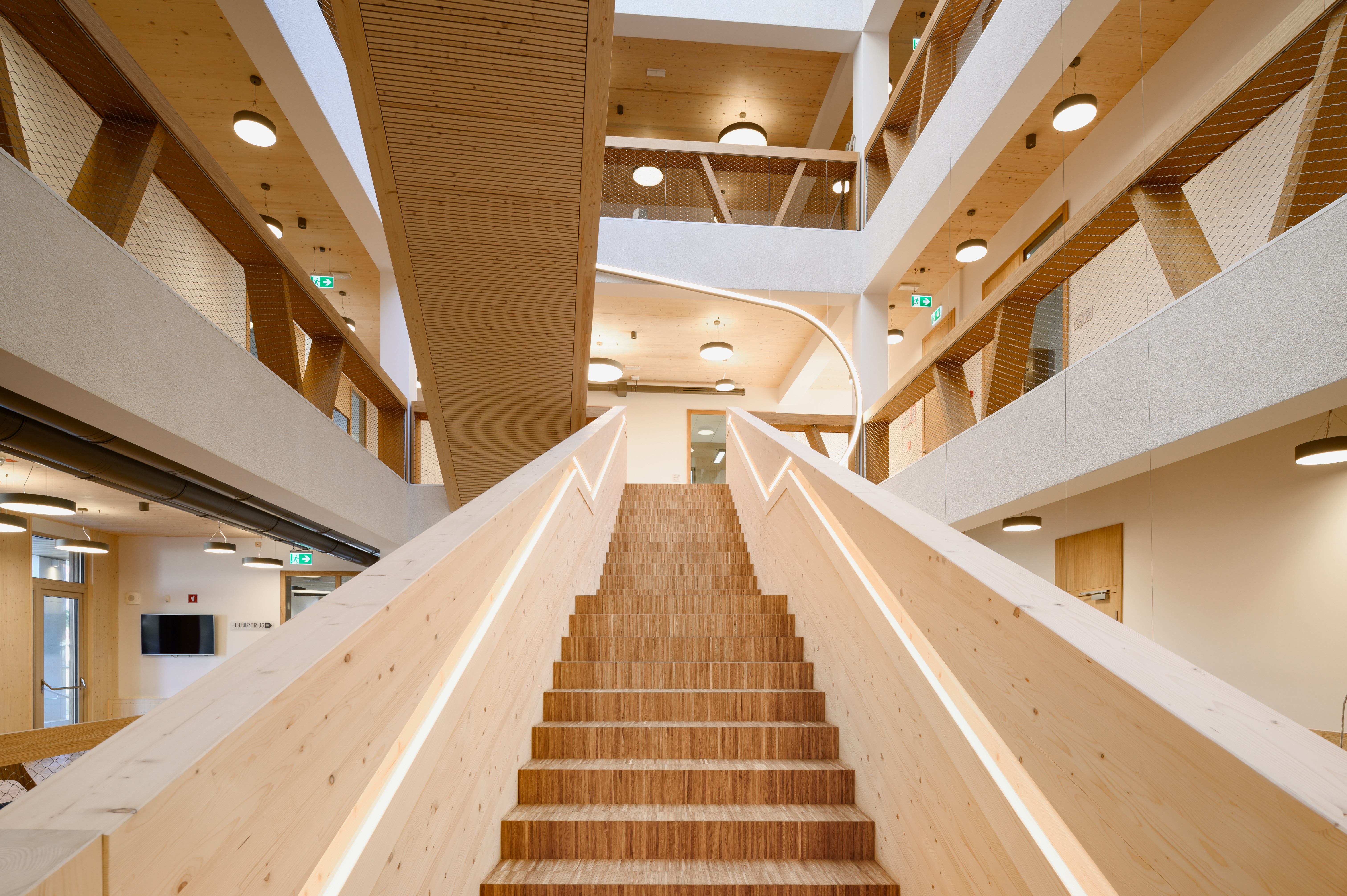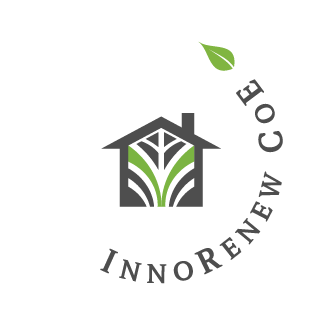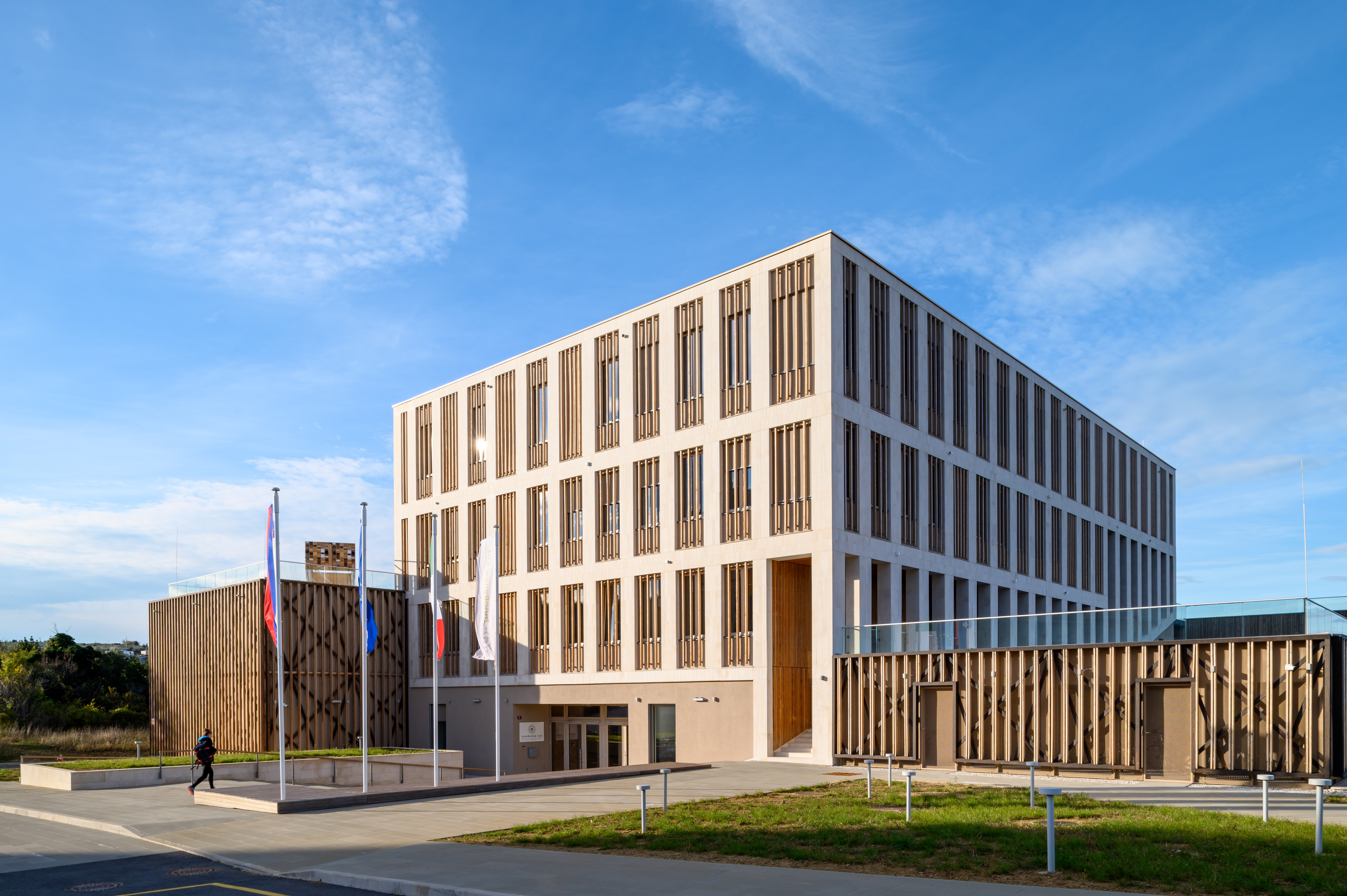
- PROJECT CODE: NG-SC
- PROJECT TITLE: Next Generation Smart Cities
- PROJECT LEADER: Aleksandar Tošić, PhD
- PERIOD: 01.02.2024 – 30.09.2024
- BUDGET: EUR 115,000.00
- FINANCING: Horizon Europe project TrustChain
- PROJECT COORDINATOR: InnoRenew CoE (Slovenia)
In the rapidly evolving landscape of the Next Generation Internet (NGI), data storage and management are undergoing a profound transformation. Historically, centralized entities and corporations held dominion over vast data stores. However, the NGI heralds a paradigm shift, prioritizing user-centric data governance, where individual users maintain control and ownership of their data, and even more intriguingly, their IoT devices become active contributors to this new ecosystem. In recent years, the idea of smart cities in which the infrastructure layer and data acquisition/storage is made available by government entities has gained significant traction. This is mostly attributed to the higher availability of cost-effective IoT devices/sensors, and growing connectivity and bandwidth of networks. However, the financial investments required to setup, and maintain the infrastructure are a high barrier to entry. Moreover, these infrastructures are commonly centralized into three layers namely, data acquisition layer, storage and computation layer, and finally the application layer in which users and companies participate in by leveraging the data.
This project envisions a future where users actively participate and maintain all three core infrastructurelayers. To realize this, we propose a decentralized model that allows both users and their smart devices to contribute building a decentralized infrastructure. The solution builds on a paradigm shift in the way data driven computation occurs. As such, data never leaves the device, instead computation is broken down into independent sets, and migrated across the network. This guarantees data privacy, and ownership whilst at the same time, makes use of the currently untapped computationalresources of IoT devices. Our strategy involves harnessing advancements in Multi-Party Computation (MPC) technology, advancing a novel MPC protocol to a demonstrative phase. All software of the platform and the MPC protocol will be made open-source to further establish trust and inclusivity of the solution.
In summary, our project seeks to empower users to actively participate and be rewarded in the data economy, fundamentally transforming data ownership in the NGI era. We propose a user-centric data.



